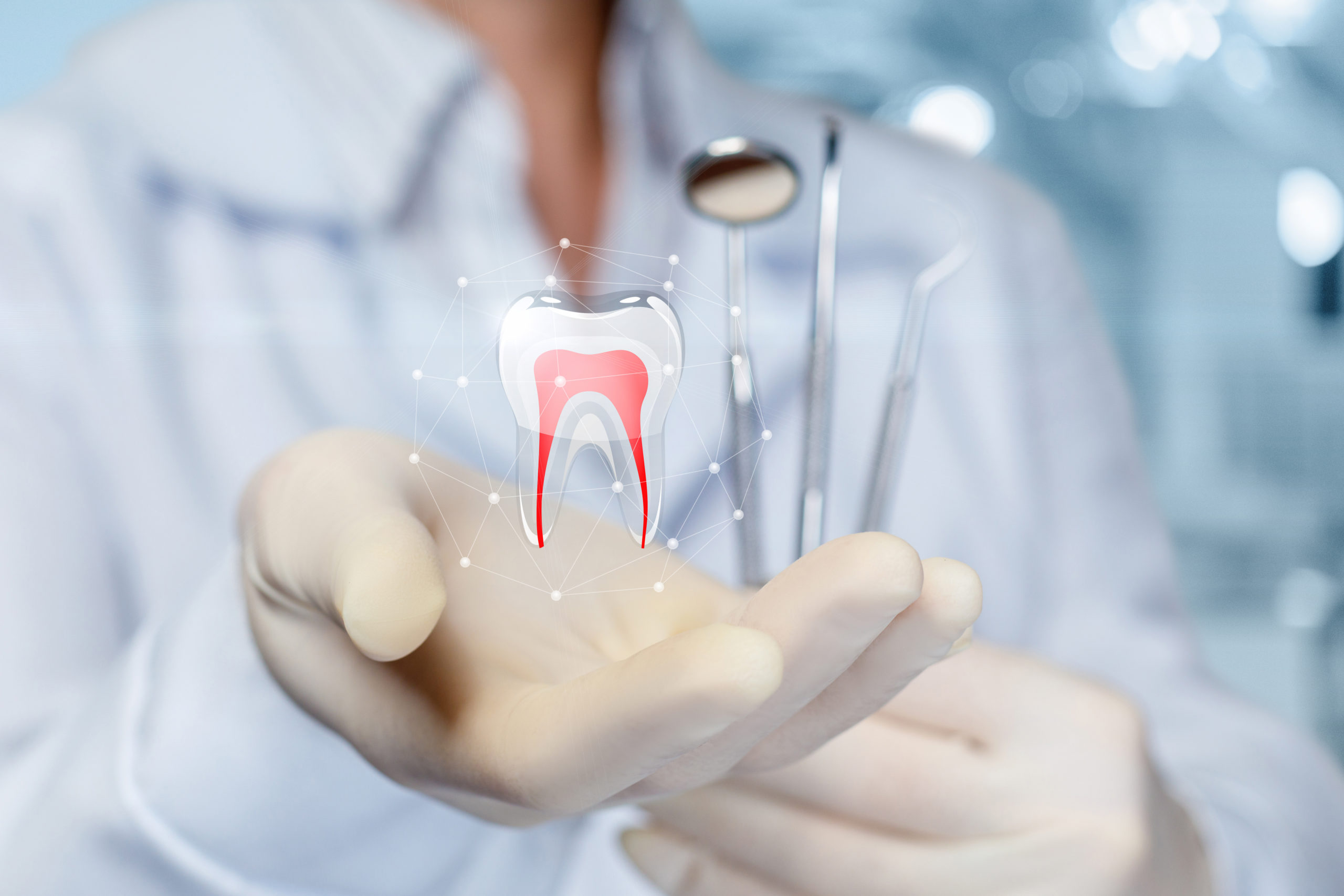What is a root canal?
This is a dental procedure that aims to remove the decay in your tooth’s pulp and root. Your teeth are composed of several layers – the enamel layer first, then dentin, and a soft layer core that extends into the roof of the jawbone. This core contains the dental pulp to which nerves, blood vessels, and connective tissues can be found. When decay starts to get into the softcore, the pulp becomes inflamed or infected causing you to experience a painful toothache. A root canal is required to clean out the decay and in the process, preserved the infected tooth.
This type of dental treatment allows you to keep your natural tooth and prevent it from experiencing decay in the future. However, it can make your tooth vulnerable hence that is why, after a root canal treatment, a tooth is often covered with a dental crown. During the process of root canal treatment, your dentist will be able to extra bacteria and decay from the tooth pulp, root, and nerve. Then your dentist will disinfect the area with antibiotics, fill the empty roots and then seal the area to prevent decay from happening.
Is root canal treatment painful?
According to the AAE, there are at least 41,000 root canal treatments performed every day. Some people are hesitant or cringe when they hear the word “root canal treatment” because it is thought to be the most painful kind of dental treatment. However, only 17 percent of people who have tried root canal claimed it to be a painful type of dental treatment. With today’s dental technology, there is little to no pain at all because dentists will use local anesthesia so you will feel comfortable during the entire procedure.
What is the recovery time after a root canal treatment?
After the procedure is done, some discomfort can be experienced especially when the anesthesia wears down. However, the pain can only last for a few days and you can take over the counter medications to manage the pain. If it doesn’t get better or if the pain isn’t alleviated by home measure, check with your dentist. During your recovery period, it is strong advice not to bite on the tooth for the next few days as your tooth can be tender. Not using your tooth or letting it “rest” can make the healing process faster.
If you need a root canal treatment, see your dentist for diagnoses. The process may be uncomfortable at first but it can surely make you feel better shortly after the treatment is done.

